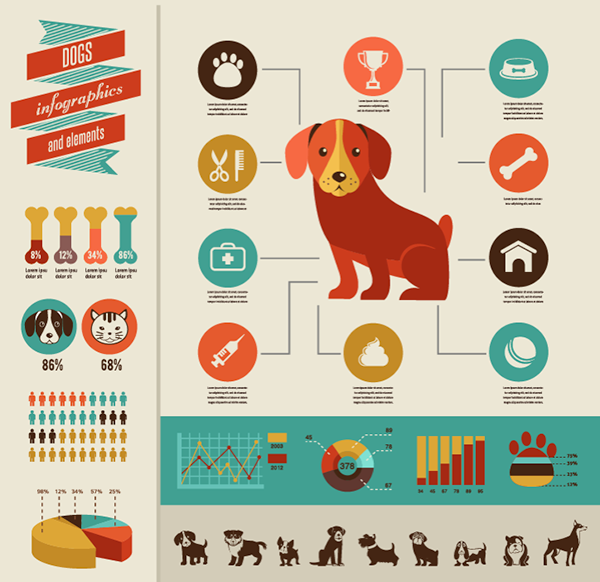Tips For Preparing Your Dog For Their First Daycare Experience
Tips For Preparing Your Dog For Their First Daycare Experience
Blog Article
Can Dog Daycare Reason Ailment?
Pet dogs in day care receive great deals of workout, socialization with other pets and special experiences. This can be especially useful for puppies and pets with behavioral issues.
There are a number of lawful factors to consider you need to consider when starting a dog childcare organization. These consist of the structure of your business and compliance with federal government guidelines.
1. Pooch Distemper
Canine distemper is spread out through direct contact with the bodily fluids and waste of an infected canine, however it can additionally be sent using shared water and food bowls or through airborne droplets. This highly contagious disease is most hazardous for young puppies, yet it can influence pets of any age and is fatal for most if left neglected.
Preliminary signs of canine distemper commonly resemble an acute rhinitis, consisting of dripping eyes and nose with watery or pus-like discharge. As the condition proceeds, a dog will develop high temperature, coughing, reduced appetite, vomiting and diarrhea. The infection can additionally strike the nervous system, causing seizures, twitching and partial or full paralysis.
Reliable daycares reduce exposure to infection by requiring inoculations, regular health examinations and adhere to stringent health procedures. If your puppy seems excessively exhausted or limping, a day of rest may aid him recoup, yet you need to prevent taking him back to day care up until these signs clean up.
2. Kennel Cough
Kennel cough, also called transmittable canine tracheobronchitis or Bordetella, is a very transmittable viral or microbial illness that impacts the respiratory system. It's frequently moved with the exchange of saliva or air droplets that an unwell pet breathes out. Social dogs are at greater threat for infection because of their regular interaction with each other, such as when they play, share food or water, smell one another or just meet in a crowded setting like a canine park or daycare.
One of the most usual sign of kennel cough is a persistent and strong coughing that sounds like something embeded the throat or retching. Usually, pet dogs will cough up foamy white phlegm. If left without treatment, a canine can develop pneumonia and go to severe risk permanently.
A credible day care facility need to have rigorous cleaning and sanitation methods, sterilize all toys, food and water bowls consistently, and be open concerning their dallas dog daycare and boarding vaccination policies. Maintaining your canine up to day on their vaccinations, specifically for bordetella and canine flu, will significantly reduce their opportunities of acquiring the illness.
3. Parvovirus
Canine parvovirus, or parvo, is a very infectious viral disease that can be harmful for young puppies and young adult pets with bad body immune systems. It's most frequently spread by straight contact with polluted pet feces-- which can occur when pets sniff, lick, or preference contaminated feces-- and indirectly from contaminated individuals, items, or settings (like kennels, brushing rooms and yards). Puppies and pet dogs without complete inoculation histories are particularly at risk to parvo.
The infection is extremely durable, surviving in the setting for up to 9 years, and can easily be moved between pet dogs by contact with feces or on shoes, garments, and bed linens polluted with parvovirus. Otherwise treated quickly with IV fluids, electrolyte equilibrium, vomiting control drugs and antibiotics to avoid second bacterial infections, a pet will rapidly dry out and create severe looseness of the bowels, which leads to shock and sepsis. Parvo is hard to cure as soon as a dog has come to be ill, but with proper vet care, several puppies do survive this ailment.
4. Canine Flu
Pooch flu virus is extremely transmittable and spreads through straight contact, sharing food and water bowls, licking or nuzzling various other pets, with air-borne droplets, and with infected surfaces. Inoculation works in decreasing the danger of infection and outbreaks.
Many impacted pets develop a moderate respiratory system infection with a cough that lasts 1-3 weeks. They may likewise have nasal and eye discharge, sneezing, and sleepiness. Some of one of the most significant cases lead to pneumonia and a high fever.
If your pet exhibits any of these signs and symptoms, do not bring them back to daycare up until they are healthy and balanced. If your dog is showing indications of severe fatigue or limping, speak to your veterinarian today and ensure they are on healthiness supplements to help develop their resistance. A vet will assess your pet dog for signs and symptoms of the flu by taking a sample from the nose or throat, and blood examinations can be done to validate.